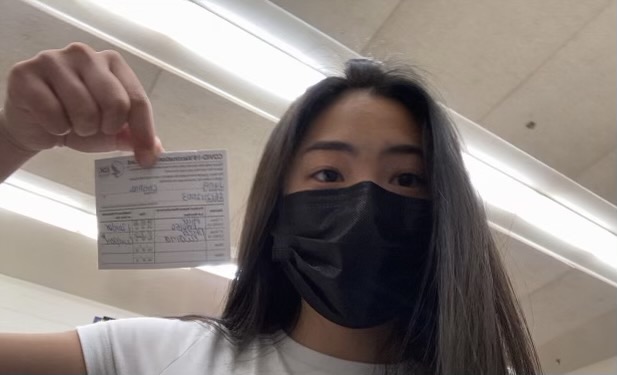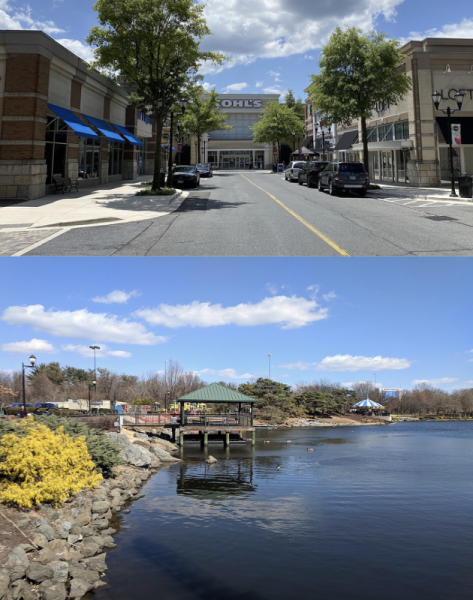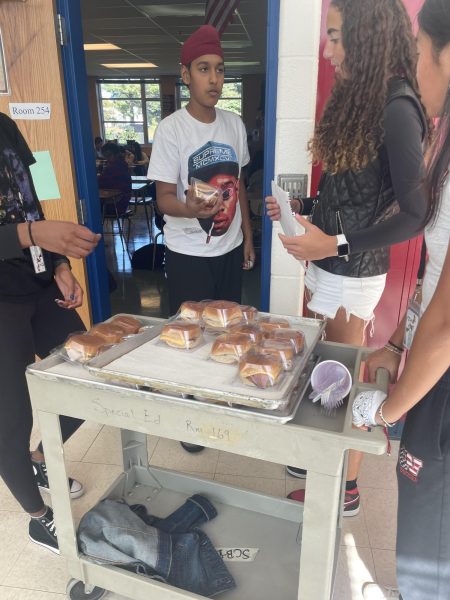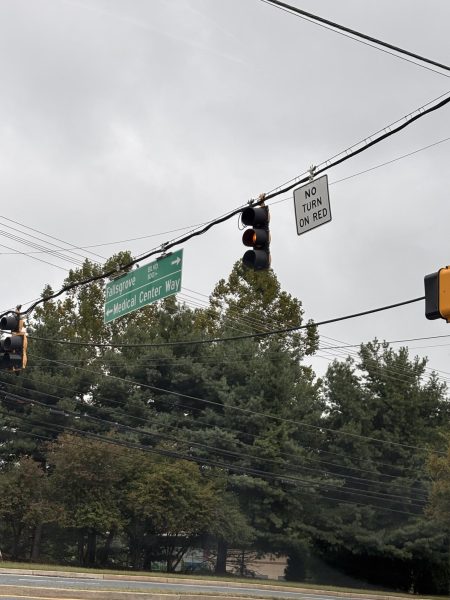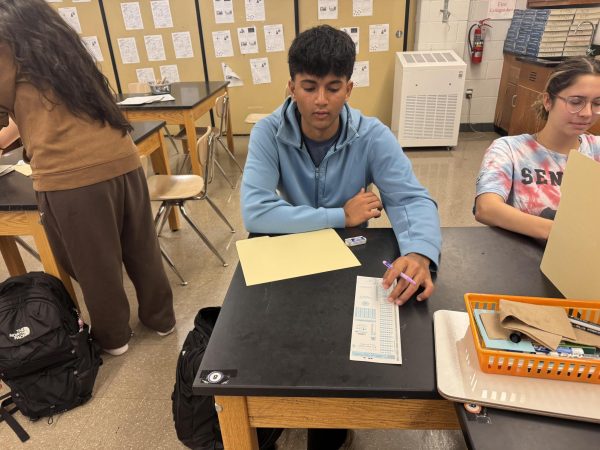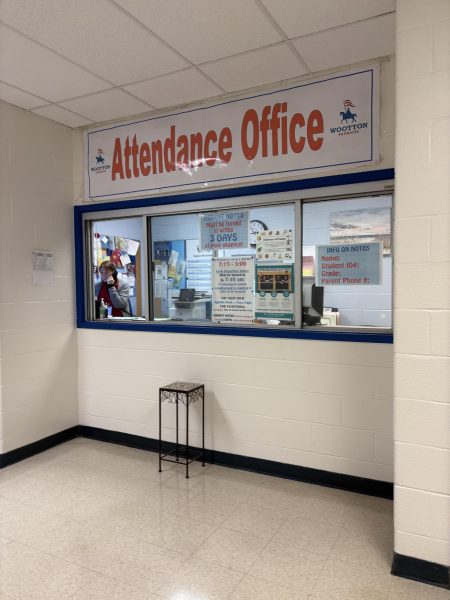Vaccinated? Here’s what you can and can’t do
Senior Christina Jung is fully vaccinated and has returned back to school.
Governor Hogan announced on Apr. 5 that all Maryland residents aged 16 and older are now able to receive either the Pfizer or Moderna COVID-19 vaccines. As a greater amount of the population is now eligible to receive the vaccine, it is important that people are still mindful of COVID-19 restrictions.
What can you do?
On Apr. 27, federal health officials at the Centers for Disease Control and Prevention said that fully vaccinated Americans can go outside without masks outdoors when walking or exercising. You are only considered “fully vaccinated” two weeks after you have received your second dose in a two-dose series (such as Pfizer-BioNTech or Moderna vaccines) or two weeks after you have received your single-dose (such as Johnson & Johnson vaccine). The two-week period following your last dose is to ensure your body has had enough time to build up enough infection-fighting antibodies in case you come in contact with the Coronavirus.
You can also gather indoors — unmasked — with unvaccinated people from one other household the CDC announced, such as visiting relatives in the same house. The only caveat is that it is important to make sure none of the unvaccinated people are at a high risk of illness. This is also why the CDC still recommends for you to continue wearing masks in crowded public areas, as you can’t know for sure whether or not each passing person is low- or high-risk.
Fully vaccinated people are also exempt from quarantining and testing after coming into contact with COVID-19. However, because vaccinations are only 95% effective at best, there is a possibility of developing symptoms — in that case, it is recommended to quarantine and get tested for the virus, even if you are vaccinated.
While the vaccines aren’t perfect, Dr. Thomas Russo, professor and chief of infectious disease at the University at Buffalo, explains in an interview that they’re still “highly effective at preventing symptomatic disease.” This means that if you are around other fully vaccinated people, the chance that any of you become sick because of each other is incredibly low.
Senior Owen Matus has received his first dose of the Moderna vaccine. “I already feel safer even though I’m only partially vaccinated,” Matus said. “I think everyone should register to receive one if they’re eligible.”
What can’t you do?
If you have been fully vaccinated, the CDC recommends that you should still protect yourself and other unvaccinated individuals by wearing a mask in indoor public settings, indoor gatherings with unvaccinated people from more than one other household, and when visiting indoors with an unvaccinated person who is at increased risk of illness from COVID-19. In crowded outdoor settings, the CDC also still recommends for people to keep their masks on. “I think it’s good practice to continue wearing masks even after fully vaccinated,” junior Alanna Li said. “It can still protect against other illnesses and germs.”
Especially as summer is approaching and travel plans are being made, the CDC has announced that fully vaccinated people “will still be required to wear a mask” on planes, buses, trains, and other forms of transportation when traveling within or out of the US. “Knowing that I’m vaccinated when I travel this summer makes me feel a lot safer, and I also know that the people around me will be safer,” senior Avana Wang said.
“If you’re fully vaccinated, travel poses a risk—but that risk is very low,” Dr. Russo said. His biggest concern is the possibility of picking up a new Coronavirus variant originating in other countries such as Brazil and South Africa, since there is less data on vaccine effectiveness on these variants. However, domestic travel, he said, can be done safely.
Your donation will support the student journalists of Thomas S. Wootton High School. Your contribution will allow us to purchase equipment and cover our annual website hosting costs.
Christina Liu is a 2021 graduate.


